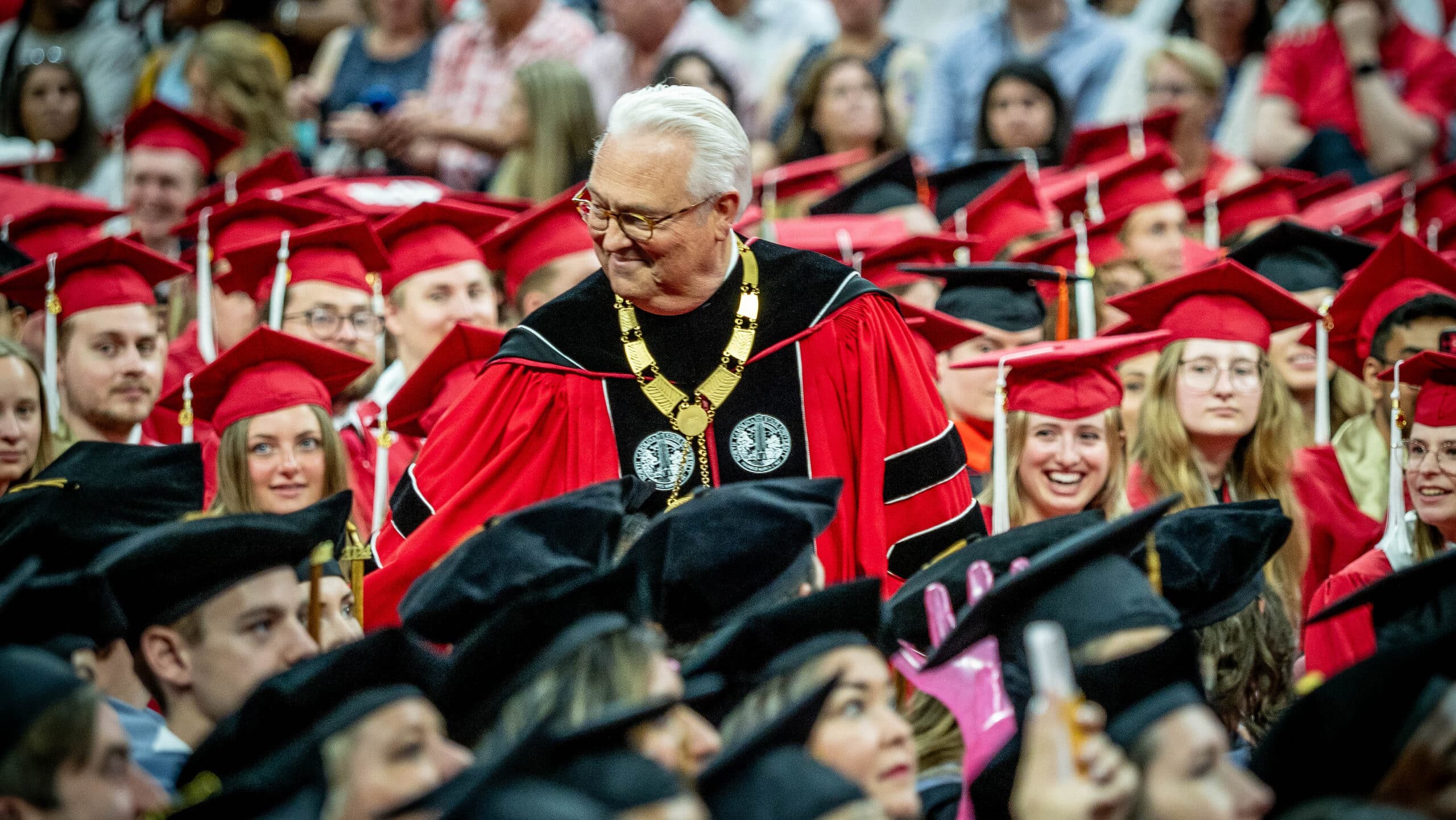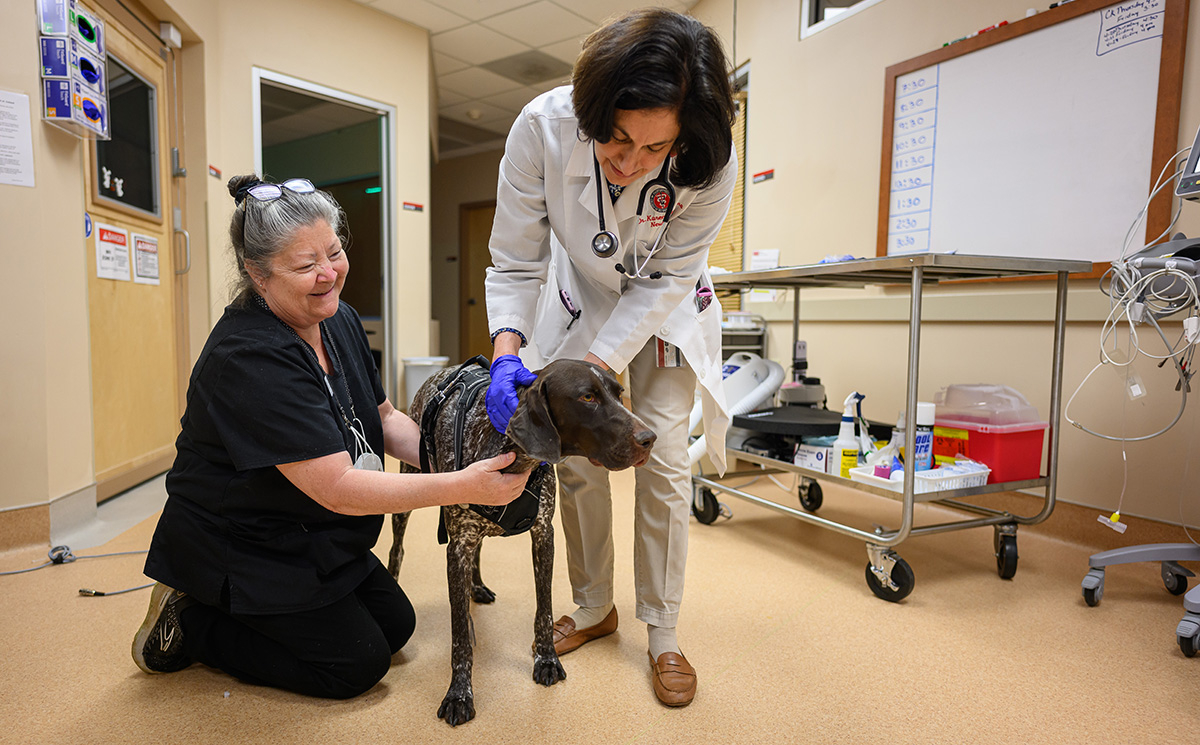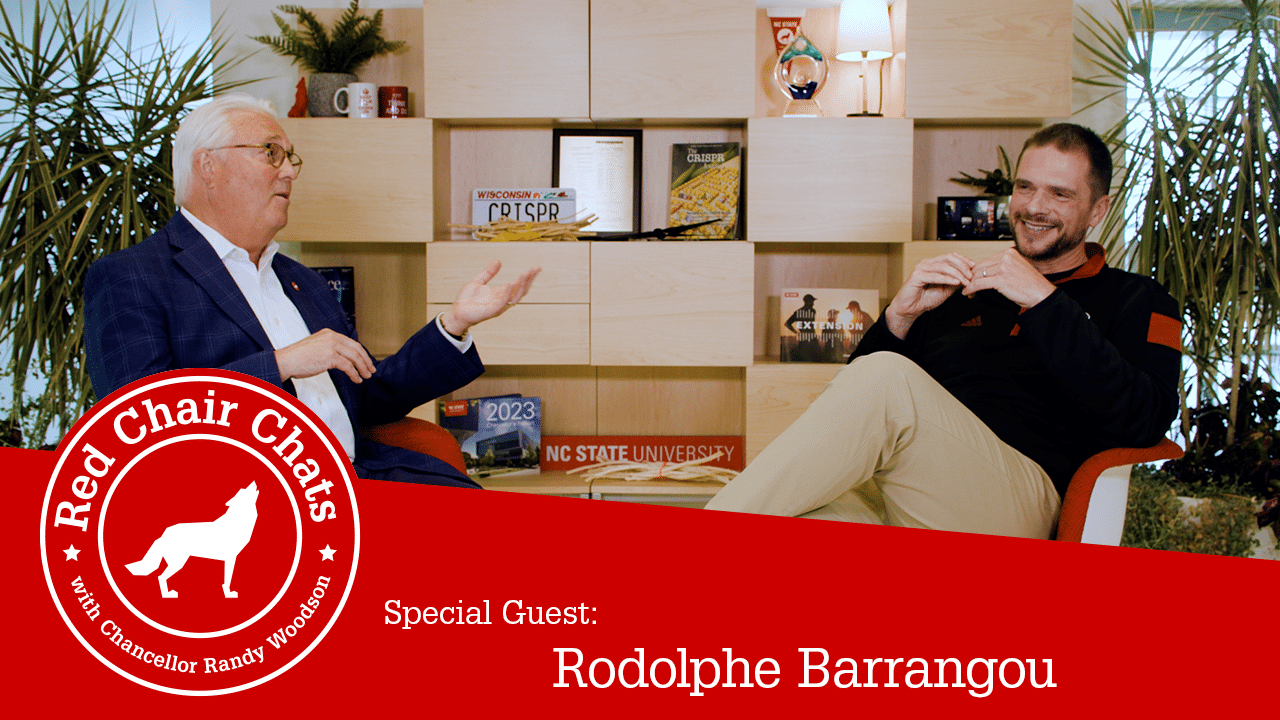Summit Frames Dialogue on Race, Equity
Dozens of people gathered last month to discuss ideas for advancing diversity and equity at NC State. Now the goal is to turn those thoughts into action.
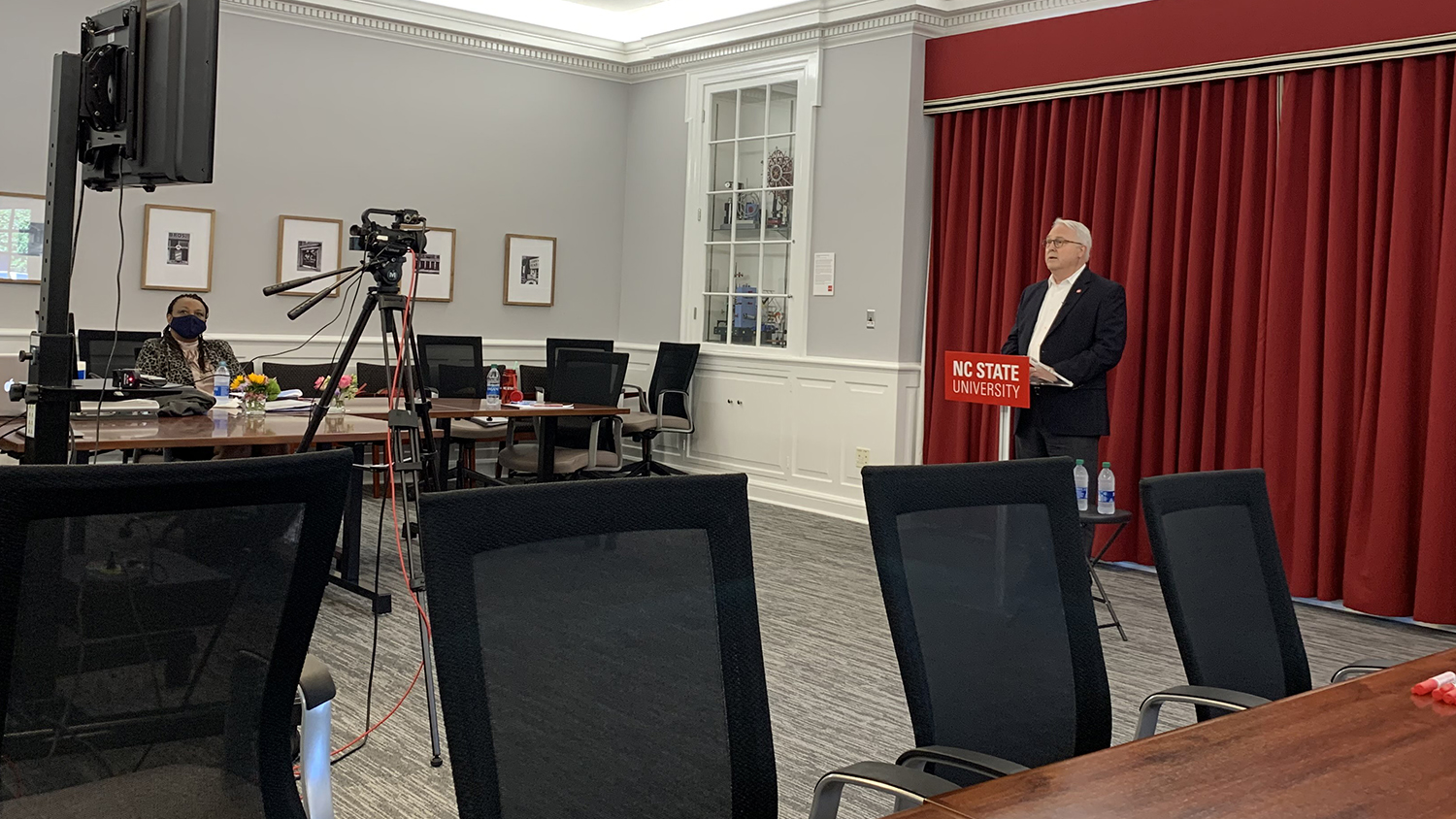
NC State has a mountain of work ahead to advance diversity and inclusion, but the university reached base camp one with a Racial Equity Summit last month.
“An accomplishment was just getting so many cross-sections of people together at the same time focused on racial equity,” says Sheri Schwab, vice provost for institutional equity and diversity, who made the analogy in the summit’s closing remarks. “Many people said, ‘I don’t think we’ve ever done this before.’”
She and her colleagues are analyzing feedback from the summit, which brought about 70 faculty, staff, students, alumni, administrators and community members together. They broke into clusters and used a method called appreciative inquiry that asks people to “unlock and explore what we know and value rather than focus on what is deficient, or who is to blame or why things don’t work,” according to lead facilitator Joretha Johnson, a member of the Chancellor’s African American Community Advisory Council.
The clusters talked about the need to acknowledge barriers people from marginalized groups face in the workplace and classroom, and the importance of recruiting and retaining students and employees from those groups. They said the university should develop specific steps to advance equity and diversity and put resources toward achieving them.
One of Schwab’s tasks now is to sift through those ideas and insights. She’s already had a meeting with Chancellor Randy Woodson; a guiding coalition comprising faculty, staff and students; a steering team of administrative liaisons; and discussion facilitators from the summit.
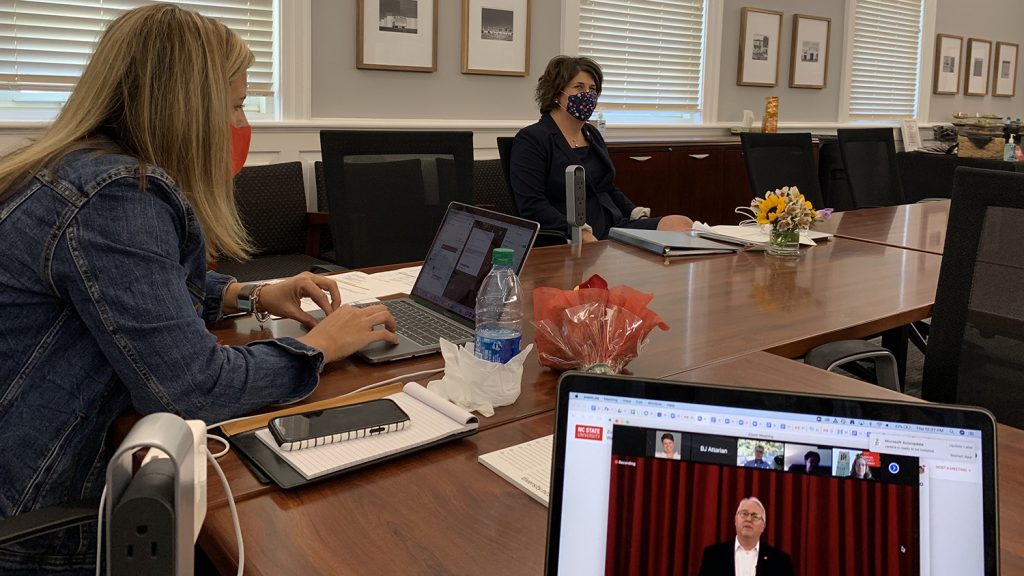
“There will be short-term, easy things to accomplish, hopefully, and we’ll try to do those right away,” she says. “That’s where the steering team can help make those happen. The members of the university’s strategic planning team were also at the summit, because if there are longer-term goals, we wanted them to hear those first-hand and transport them right into the strategic plan.”
Soon, Schwab hopes to be able to share more about how discussions from the summit translate into plans to advance diversity and equity. She’s also thinking beyond that, as far as into fall next year, about ways to keep the NC State community informed.
“We definitely want to be as transparent as possible and have as much engagement as possible,” she says.
Measures of Progress
It’s one thing to make plans, it’s another to gauge how well they’re going.
“We can measure quantitative elements of progress in questions like, ‘How many people are here? What’s the representation of this identity in different groups?'” Schwab says.
Qualitative measures pose challenges because they are amorphous, such as asking people if they feel more included or how well they are being listened to. Those variables change depending on the person and the situation. Employee engagement and climate surveys may provide some answers, Schwab says, because they ask questions about belonging, diversity and inclusion. Focus groups, future summits and more “on-the-spot” interactions that allow people to talk freely are also options.
“Our ultimate goal would be to have everyone feel that sense of belonging and inclusion all the time in all places, unconditionally. I think we should keep our eye there to know what we’re striving for,” Schwab says. “We’d all love that to happen overnight, but we know that’s not realistic. But are people sensing, seeing and observing action? Do they have confidence in what is being done? Do they feel like it’s the right direction? I think we can use other methods to ask those kinds of questions, and those would be measures of progress.”
And although NC State is making plans and taking action as an institution, members of the Pack can do the same as individuals.
“We all have something to contribute at that individual level, and it usually centers around continuous growth and learning, and humility in that learning,” Schwab says.
There are many educational opportunities available for university employees. Faculty and staff can find training through DiversityEdu to learn skills for developing inclusive environments. The Office for Institutional Equity and Diversity provides workshops that focus on specific areas, such as unconscious bias. Schwab encourages supervisors to spread the word about training and help ensure staff have time to attend. Faculty, she says, can make a difference by incorporating inclusive teaching methods, mentoring students, talking to their peers and advocating for inclusion on a departmental level.
“It’s really a continuous learning curve, but I think it always starts with yourself,” Schwab says. “We’re really working to make a collective impact to change our culture, to help make sure it incorporates not only the great characteristics we already have — the Think and Do and entrepreneurial spirit — but to have diversity, inclusion and equity be a key part of that, too.”
- Categories:
